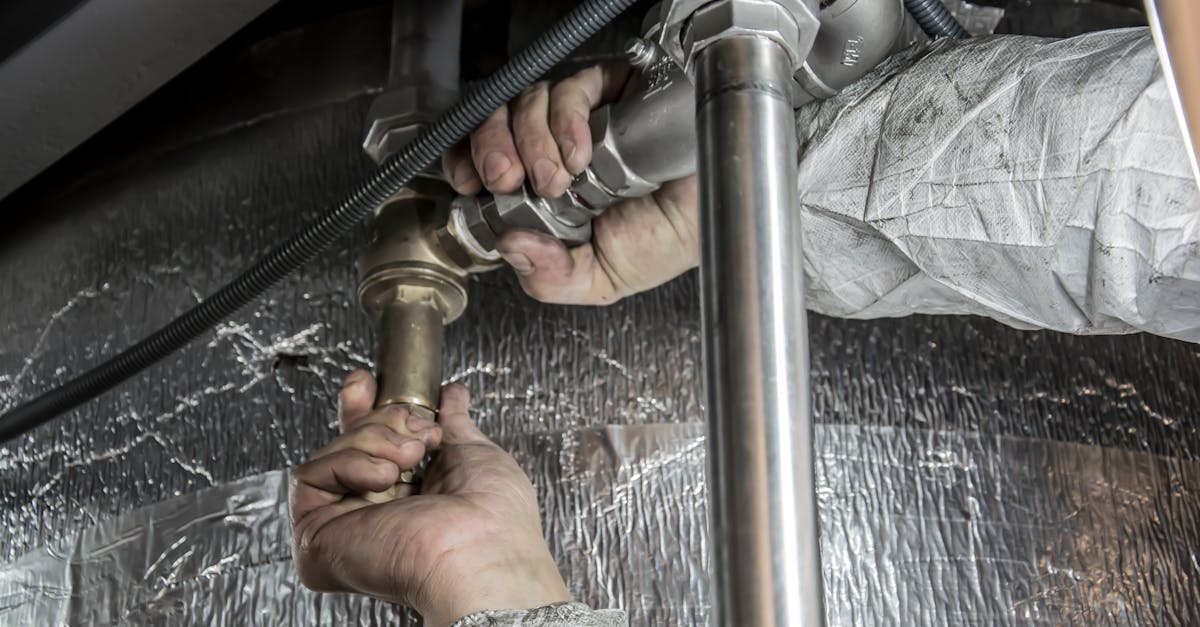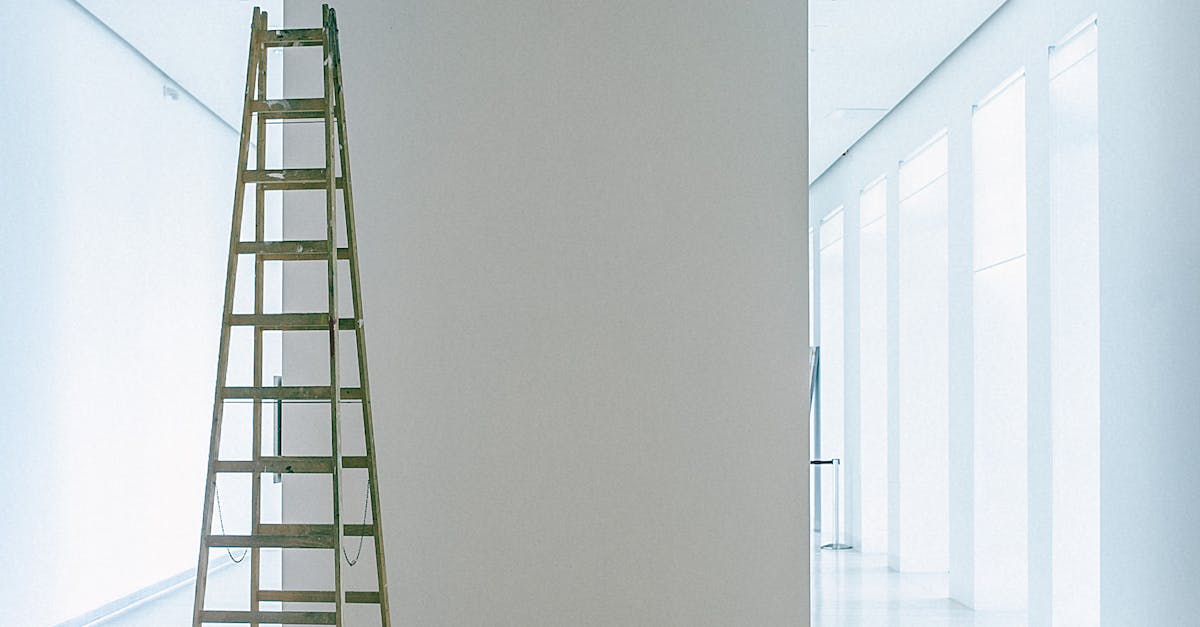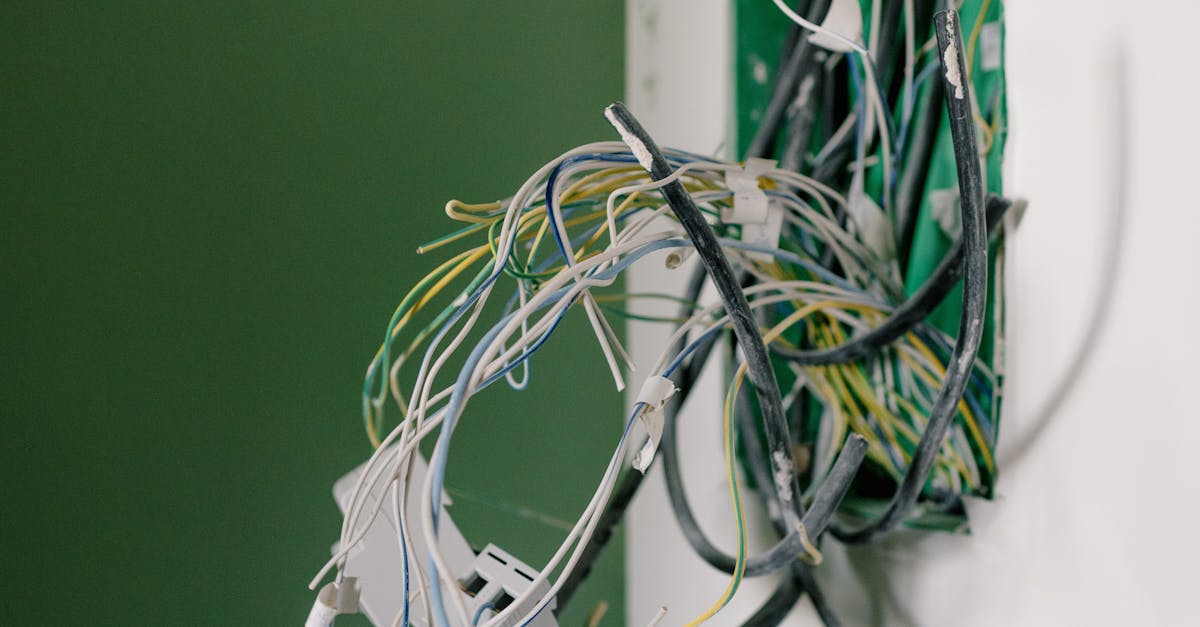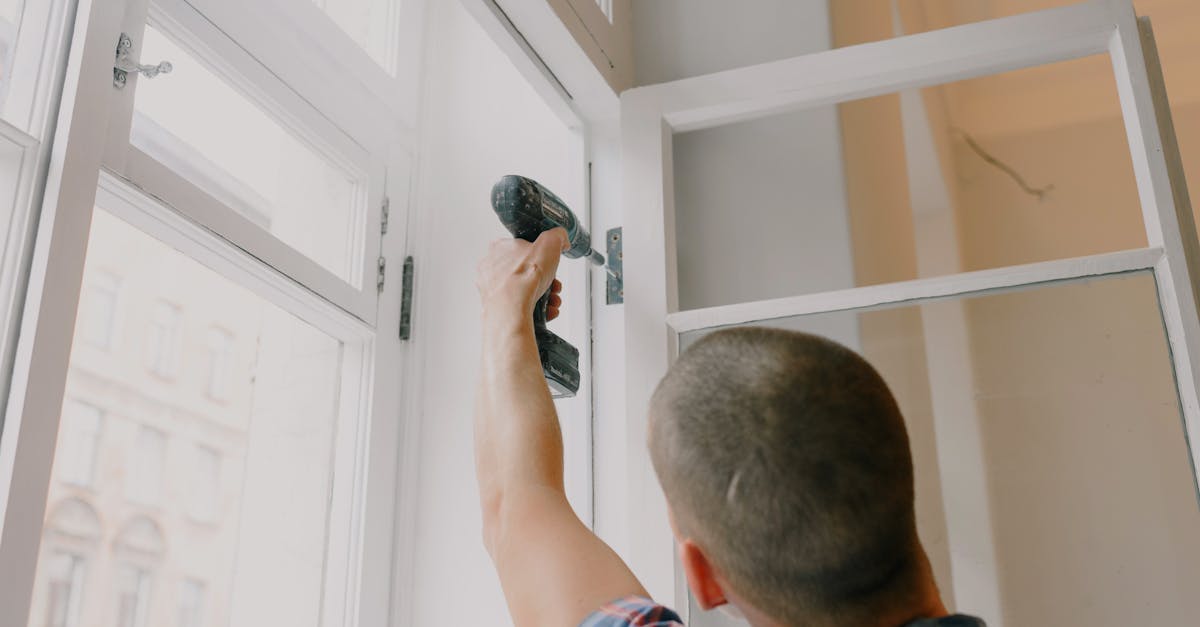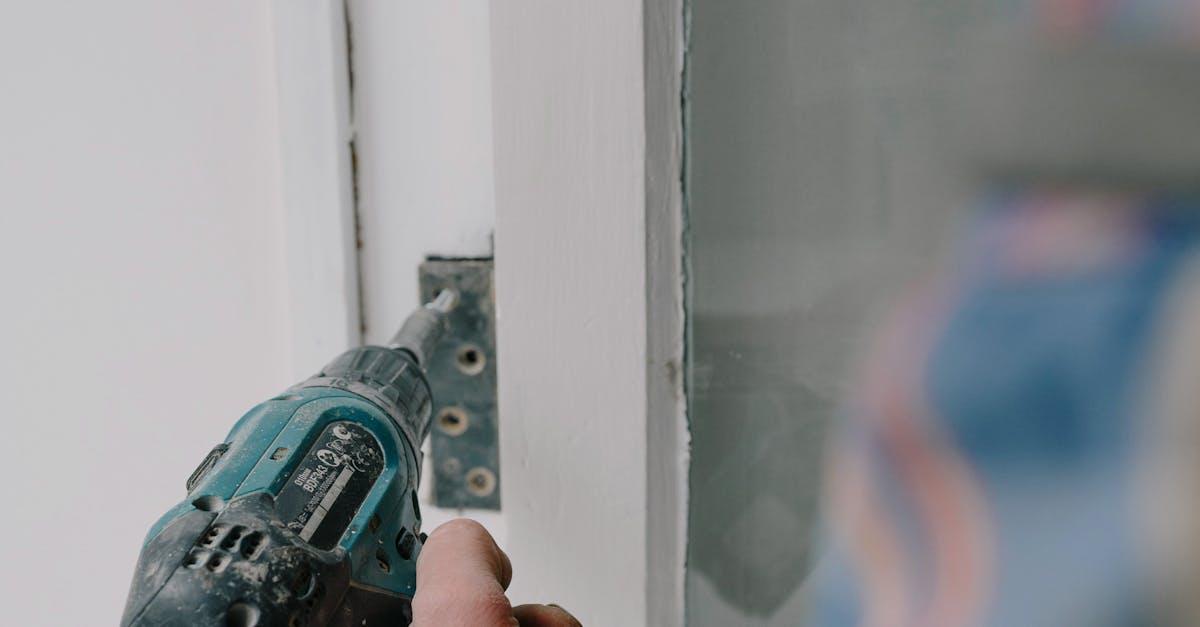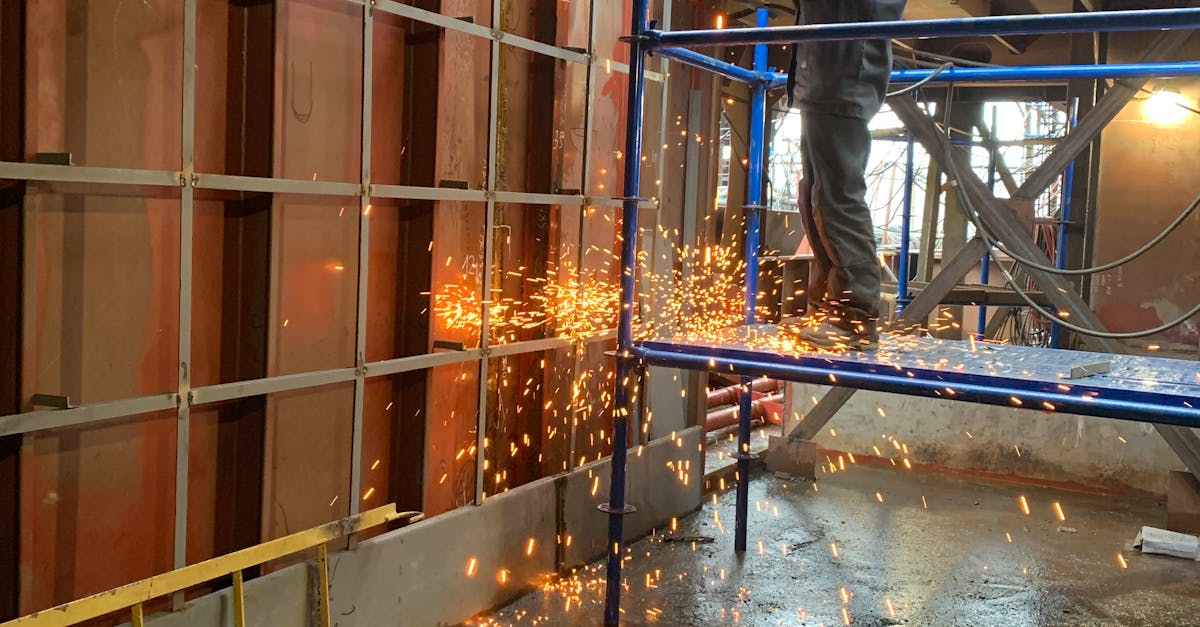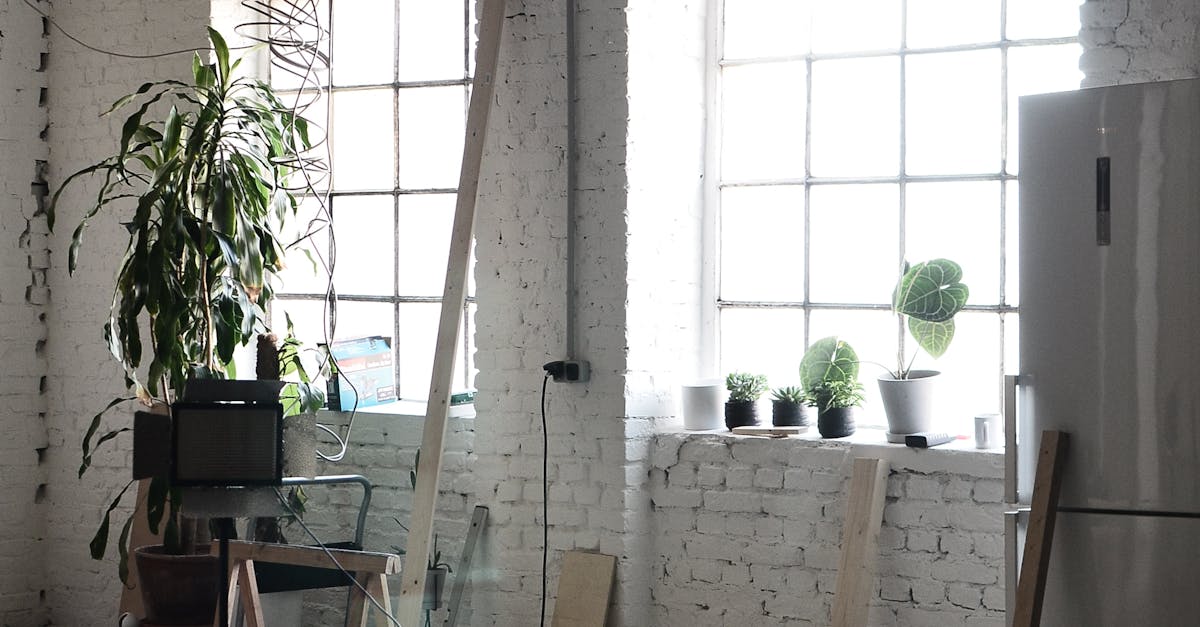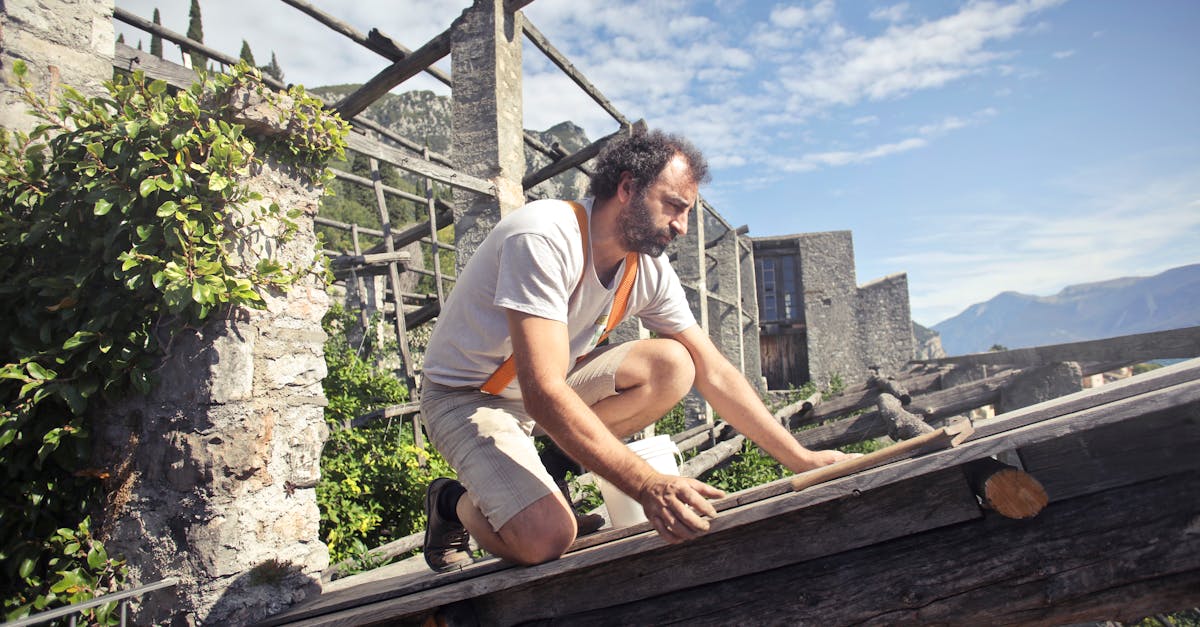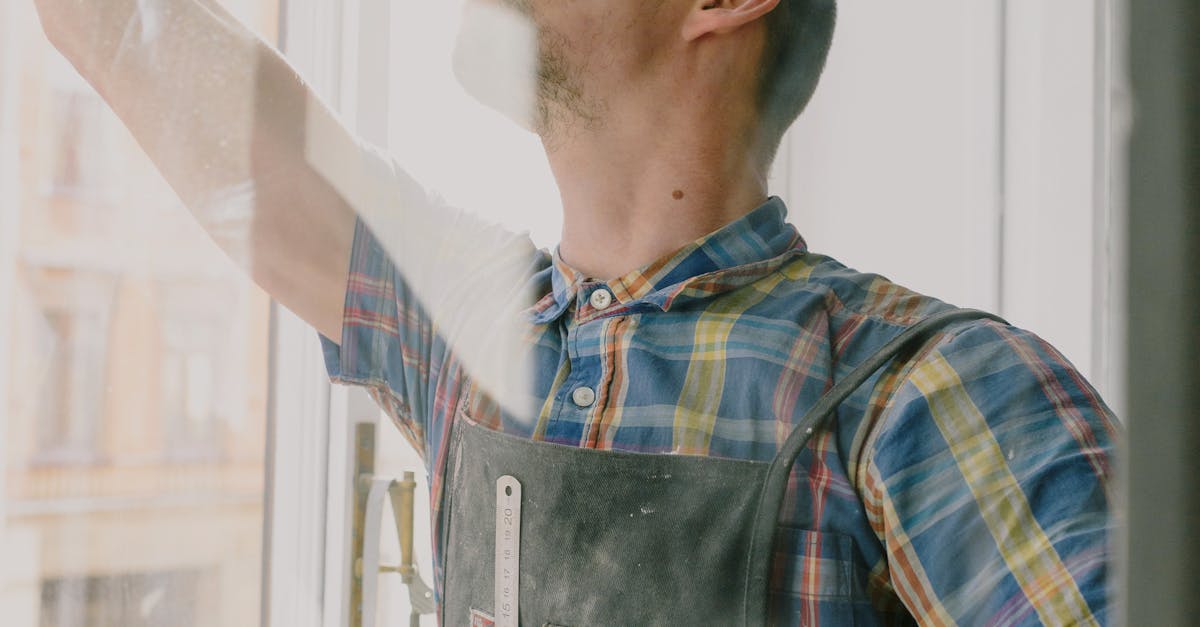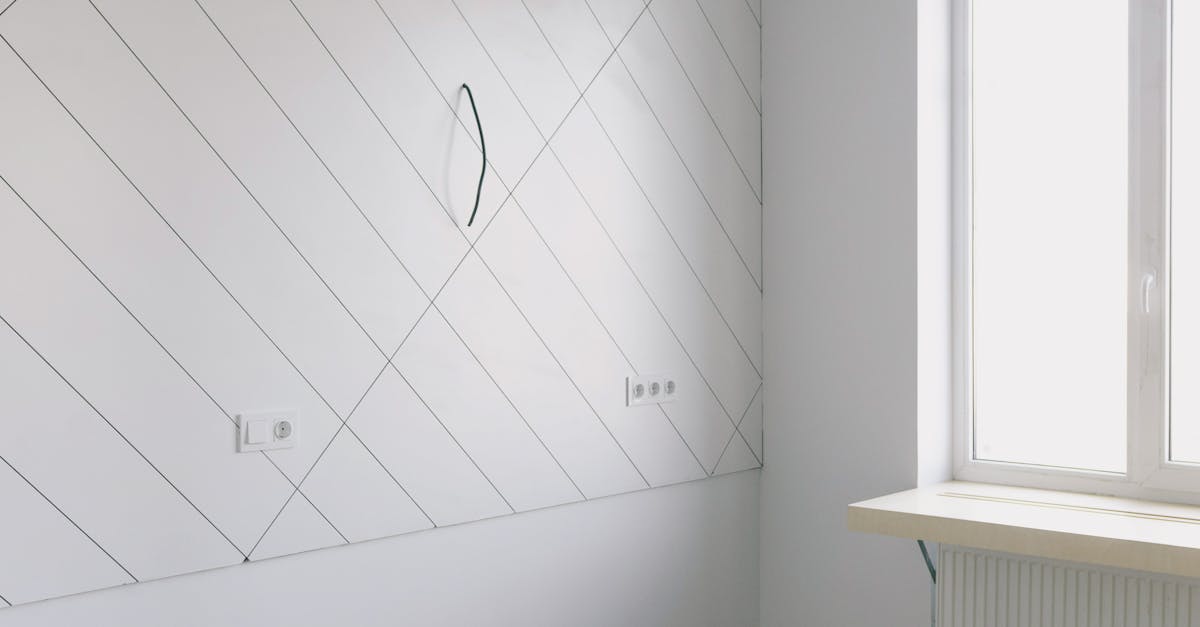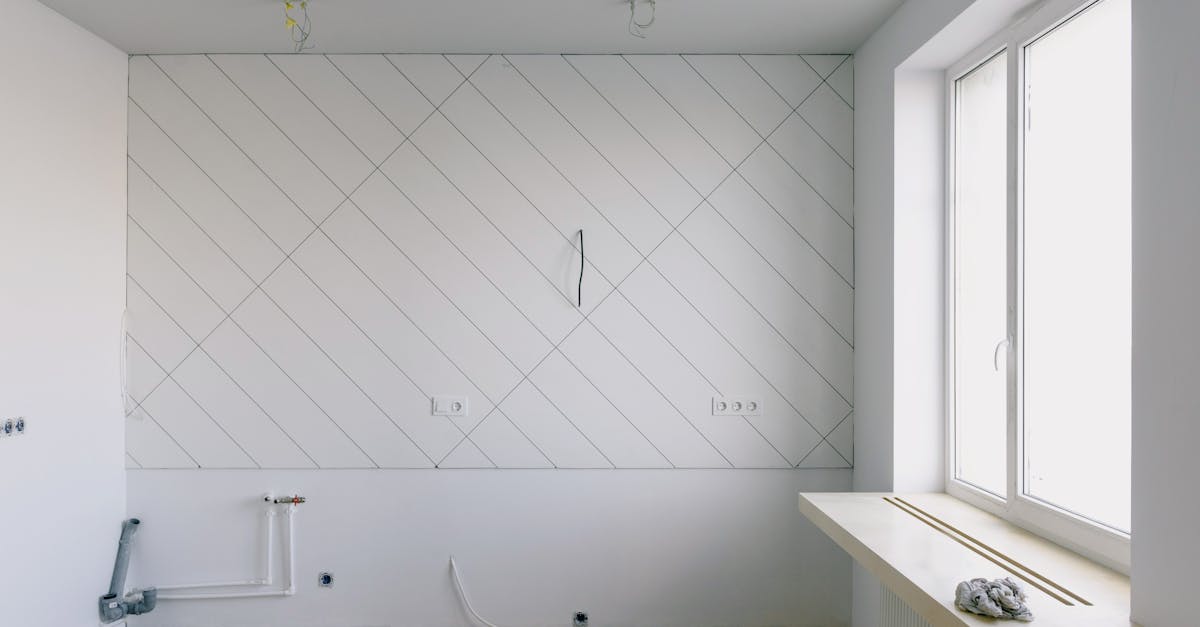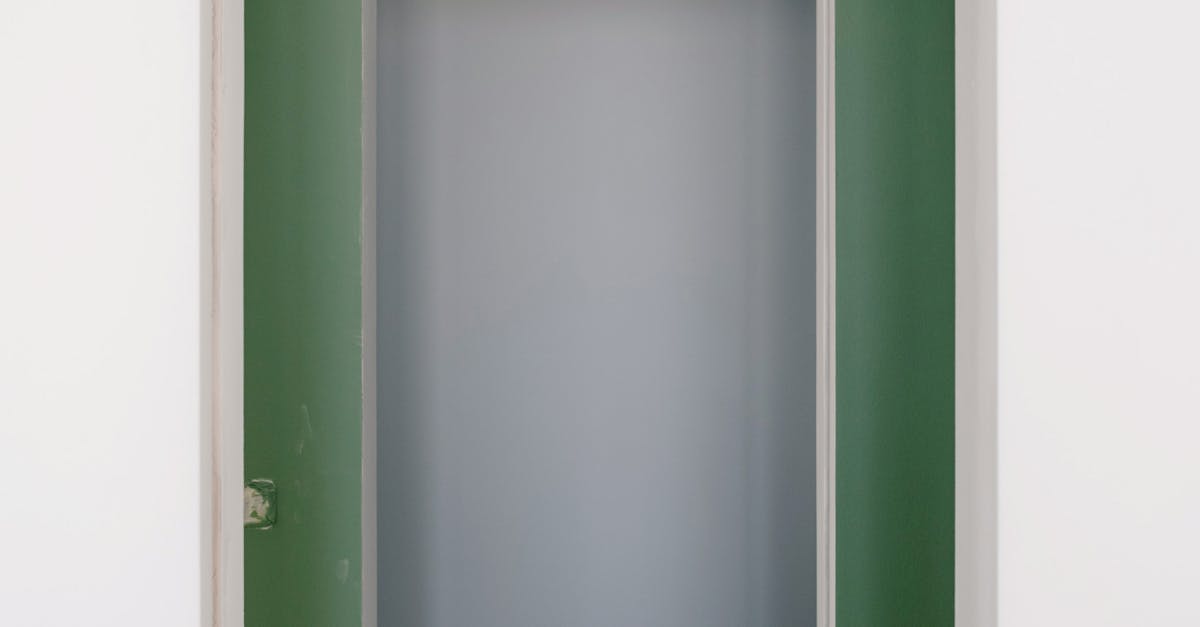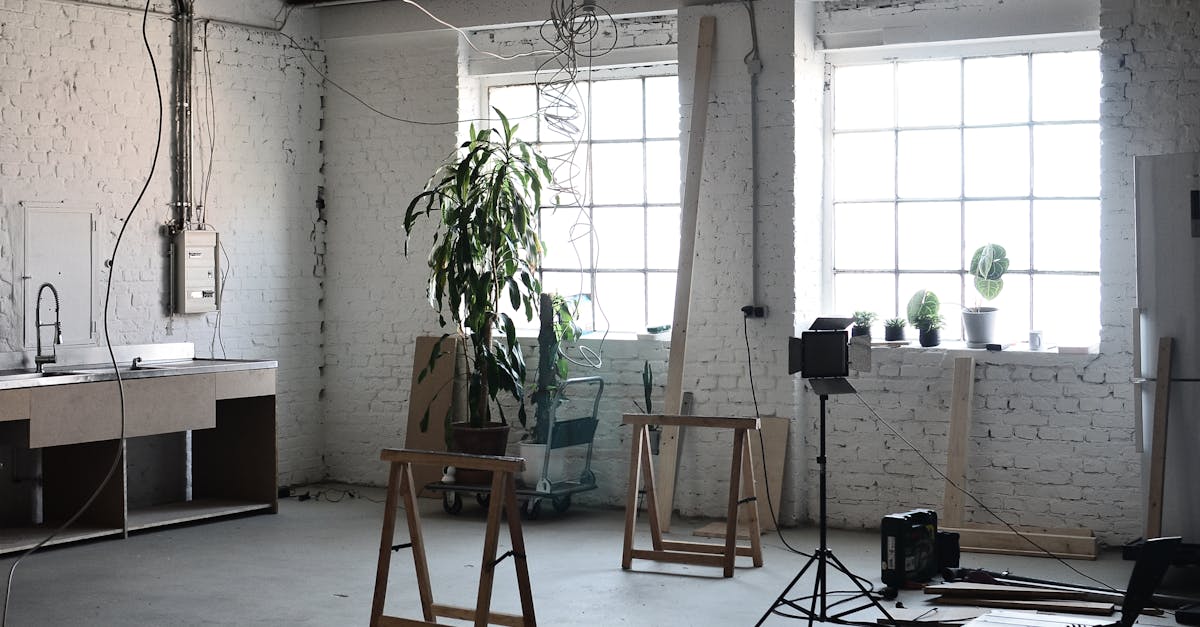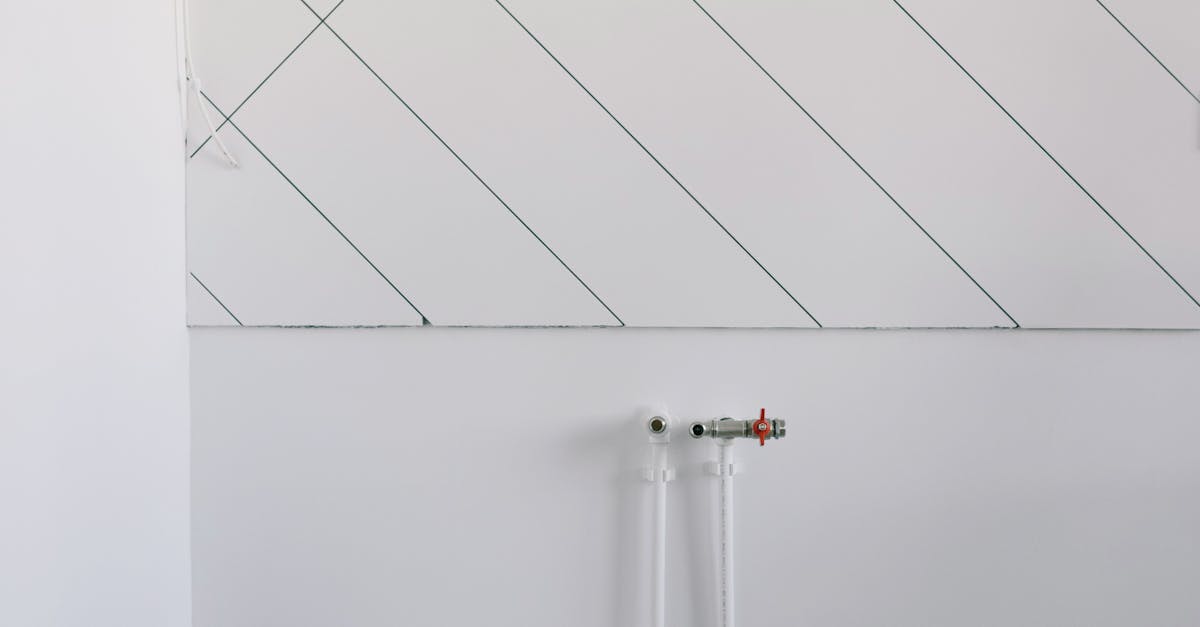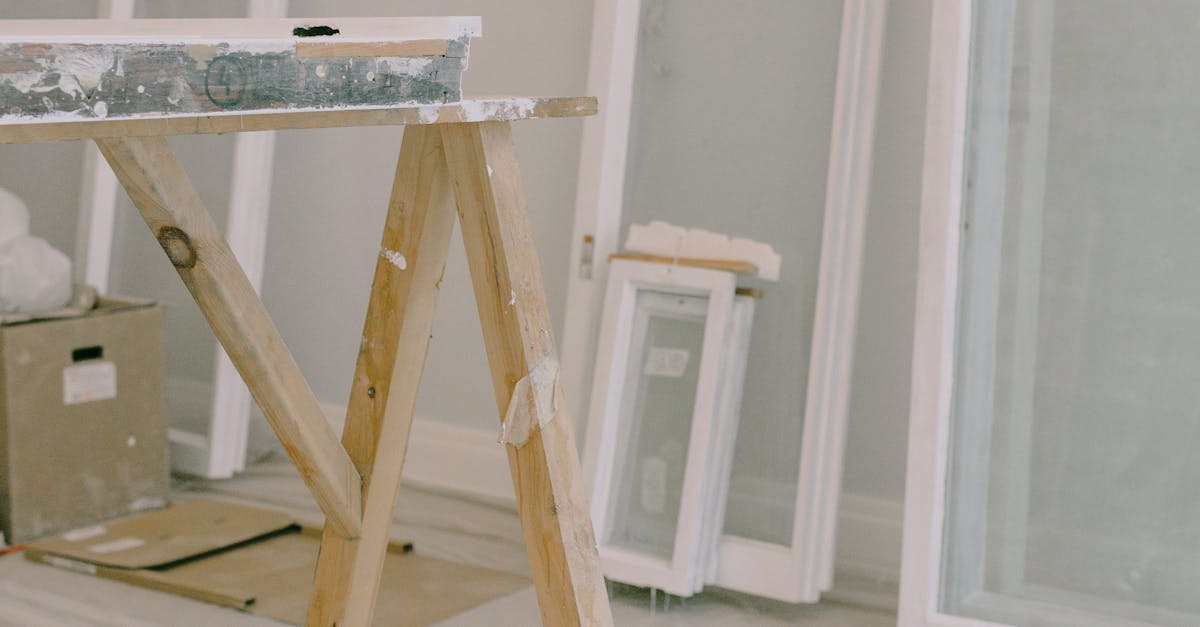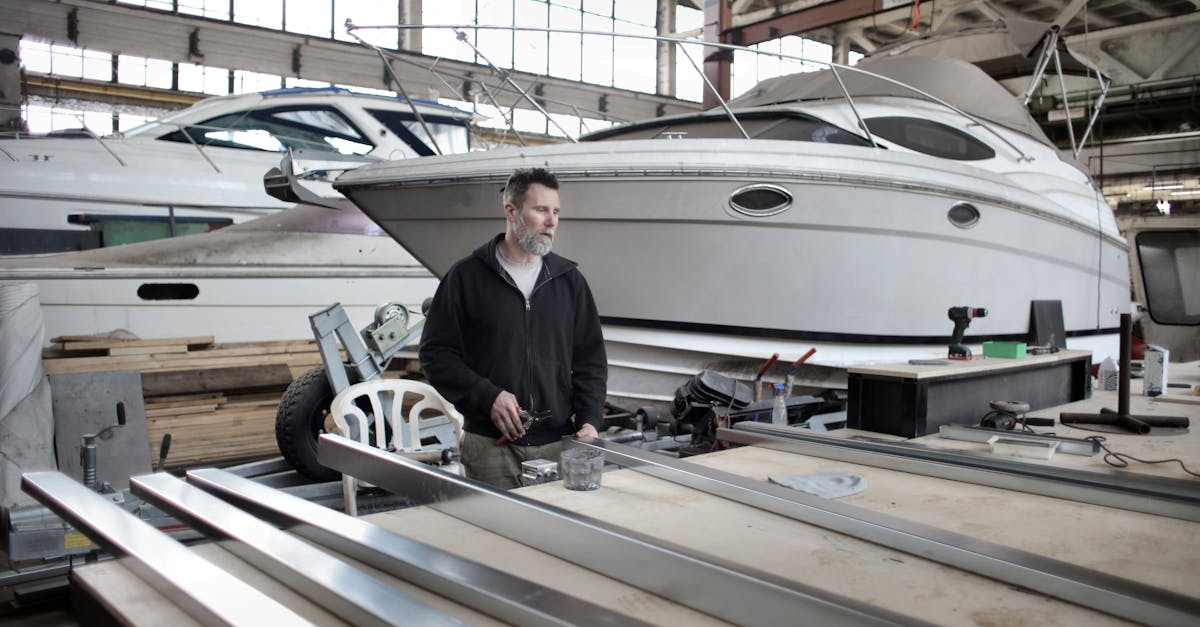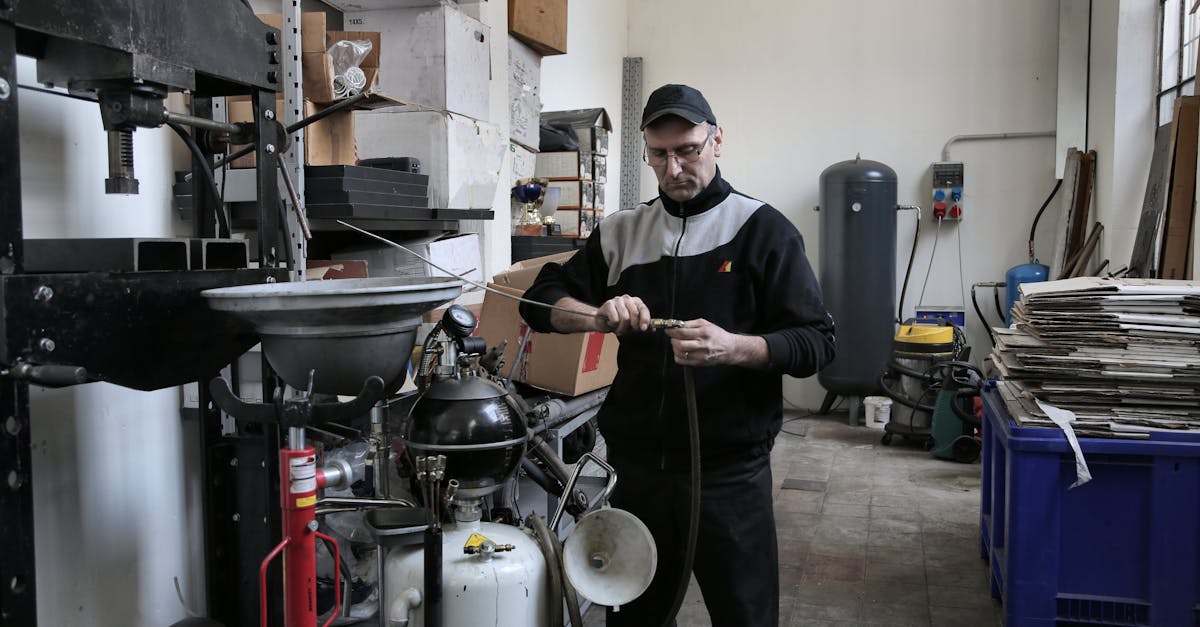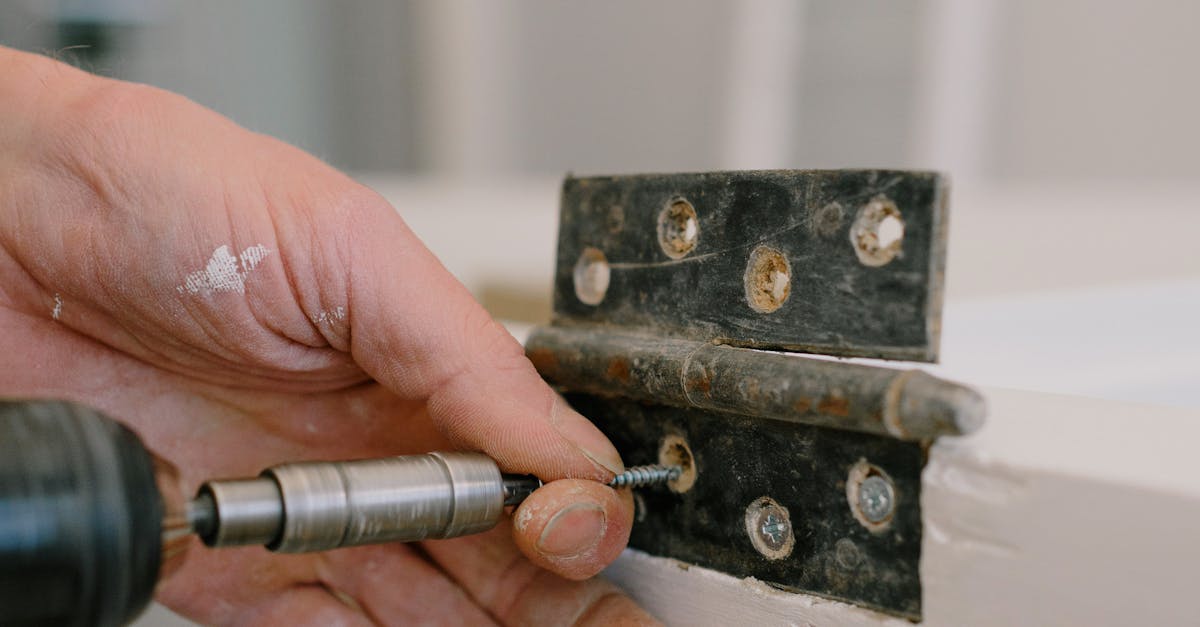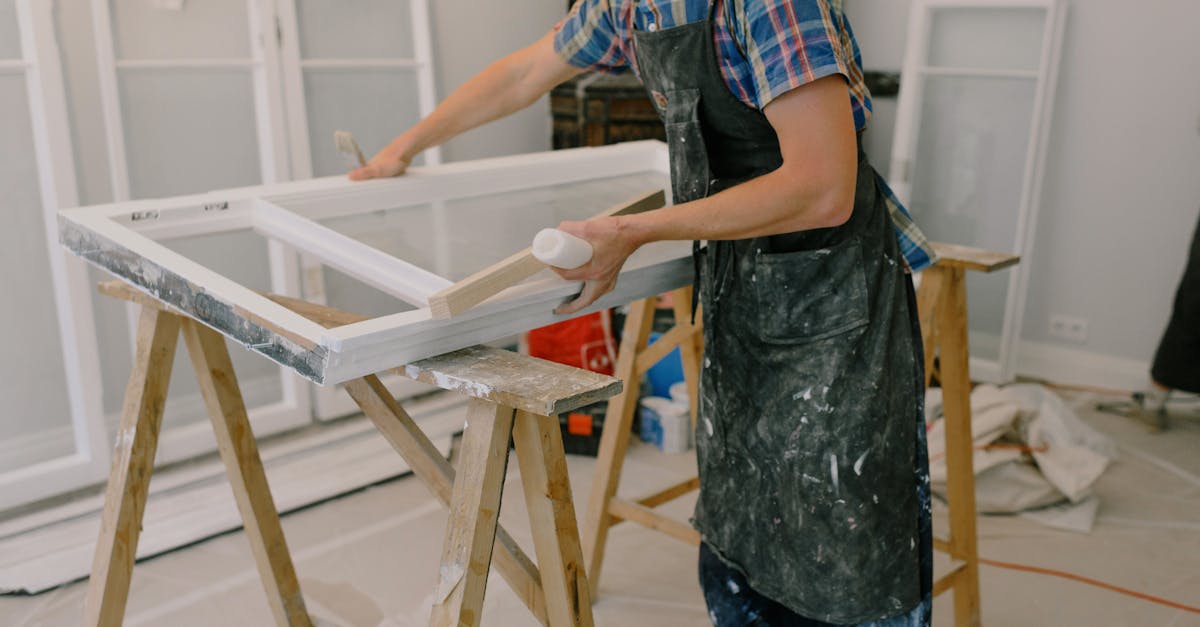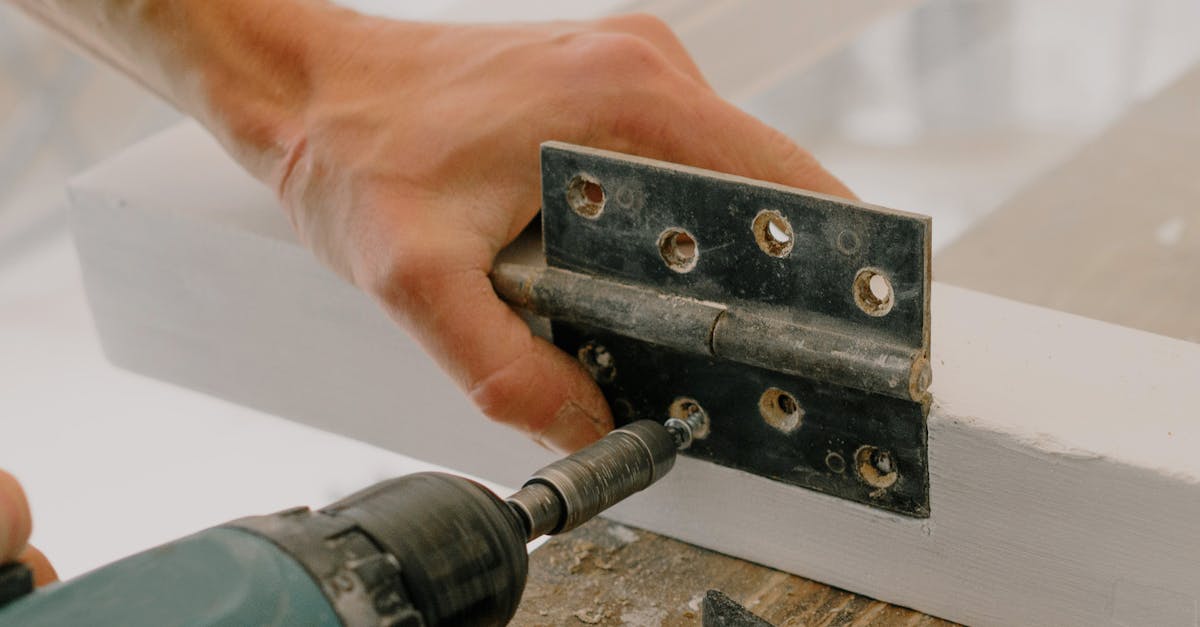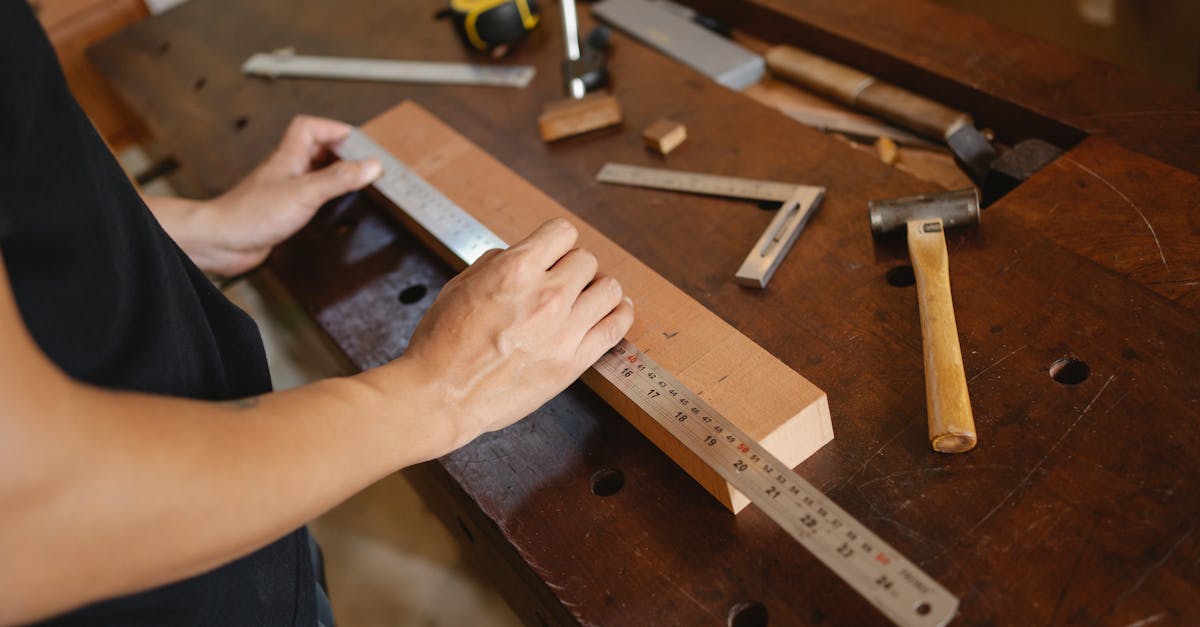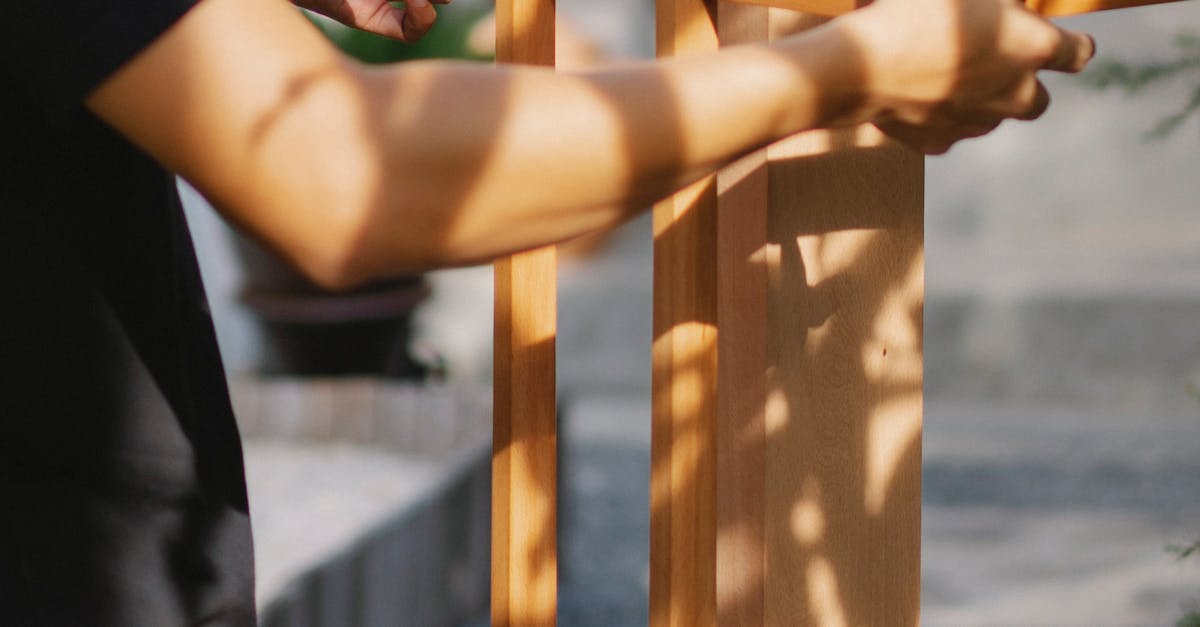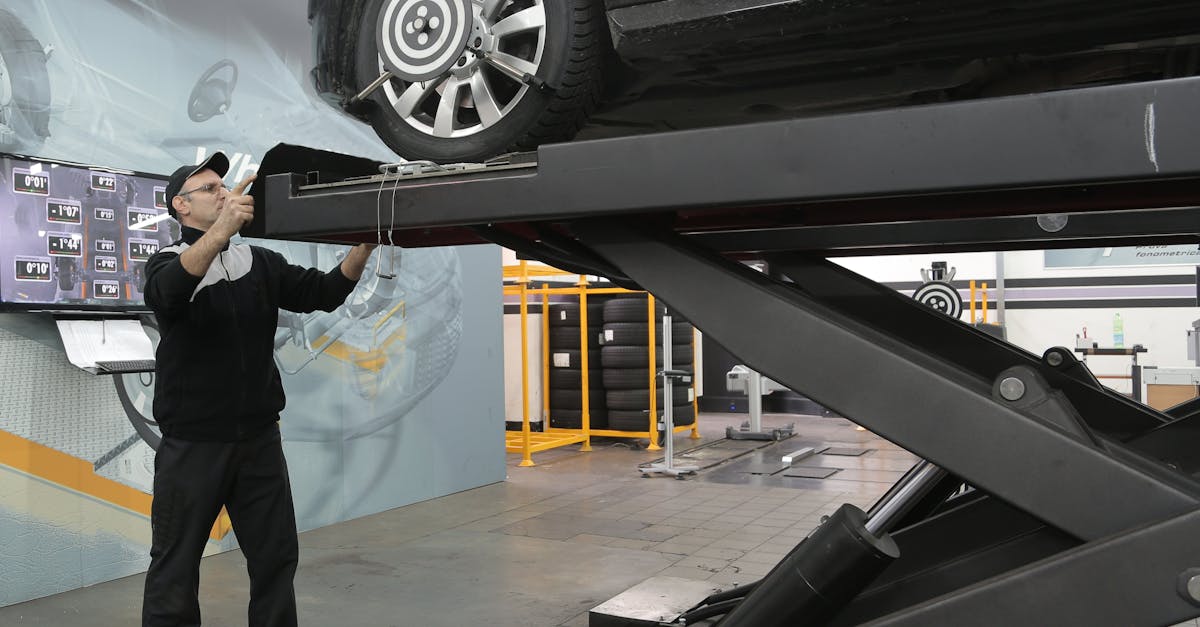
Table Of Contents
Professional vs. DIY Inspections
When considering gas line maintenance, it's essential to weigh the pros and cons of professional versus DIY inspections. Hiring a licensed professional ensures that gas line installation and repair follow stringent safety standards. These experts possess the knowledge to detect issues that may not be apparent to someone without formal training. They are also familiar with the latest regulations and codes, providing peace of mind for homeowners.
On the other hand, some individuals may feel confident in conducting their own inspections. This approach can be cost-effective and time-saving when minor issues are evident. However, it is crucial to comprehensively evaluate one’s skills and resources before proceeding with any DIY inspections. Serious mistakes can lead to hazardous situations, making it essential to stay informed and cautious.
Evaluating Your Skills and Resources
Before deciding whether to conduct a gas line inspection yourself, assess your skills and resources honestly. Basic knowledge of plumbing and gas systems can be helpful, but specific training may be necessary for safe and effective work. Tools required for gas line inspection and repair can be specialised, making access another factor to consider. If you lack the necessary tools or expertise, it may be prudent to engage a licensed professional.
Gas line installation and repair should only be performed by those who understand the risks involved. Familiarity with safety protocols is essential, and any uncertainties should prompt a consultation with a qualified technician. Additionally, consider the time and effort involved in performing detailed inspections. Weighing your own capabilities against the complexity of the task will help determine whether a DIY approach is suitable or if hiring a professional is the best course of action.
Understanding Gas Line Regulations
Gas line regulations play a crucial role in ensuring safety and efficiency in installations and repairs. These guidelines are set by local governing bodies and typically align with national standards. They cover various aspects, including materials used, installation techniques, and inspection protocols. Familiarity with these regulations is essential for anyone involved in gas line installation and repair, as non-compliance can lead to serious hazards, legal repercussions, or costly fines.
Adhering to updated regulations not only enhances safety but also aids in maintaining the integrity of gas lines. Inspectors and professionals are required to stay informed about changes in legislation, which may vary from one jurisdiction to another. Understanding the implications of these rules allows property owners to make informed decisions regarding maintenance and any necessary repairs. Investing in proper knowledge ensures that all gas line installation and repair activities meet relevant standards.
Compliance with Local Standards
Compliance with local standards is a crucial aspect of ensuring the safety and reliability of gas line installations and repairs. Each region in Australia has specific regulations that govern the installation, maintenance, and inspection of gas lines. These regulations are designed to protect both residents and the environment from potential hazards associated with gas leaks and misuse. It is important for homeowners and professionals alike to be familiar with these legal requirements, as failure to comply can result in penalties and increased risks.
Gas line installation and repair must meet the Australian Standards (AS) and other relevant codes to ensure they are performed safely and effectively. These standards provide guidelines on materials, methods, and safety protocols to follow during the installation and maintenance process. Regular inspections by certified professionals can help ensure compliance with these standards, ultimately contributing to the overall safety and efficiency of the gas supply system. Staying informed about local amendments to regulations is also beneficial, as it fosters a proactive approach to gas line safety management.
Common Gas Line Repairs
Common issues with gas lines often stem from wear and tear, leading to leaks or reduced efficiency. In many cases, homeowners may notice signs such as hissing sounds, a rotten egg smell, or dead vegetation around pipelines. Addressing these problems promptly is critical to ensuring safety and maintaining proper function. Gas line installation and repair should always be approached with caution, as improper handling can result in dangerous leaks.
Another frequent concern involves the degradation of joints and seals over time. These elements can weaken and may require replacement to restore the integrity of the system. Regular inspections can help identify potential issues before they escalate. Engaging a qualified professional for gas line installation and repair is essential for maintaining compliance with safety standards and ensuring the longevity of the gas infrastructure.
Typical Issues and Solutions
Gas line installation and repair can face several challenges, with leaks being one of the most common issues. These leaks often occur at joints and connection points, leading to safety hazards. Detecting a gas leak requires prompt action, using soap solution to spot bubbles or a gas leak detector. If a leak is confirmed, it is imperative to shut off the gas supply immediately and contact a licensed professional for repairs.
Another frequent issue relates to corrosion, which can occur over time, especially in older installations. Corroded pipes may weaken the integrity of the gas line and pose a risk of failure. Regular inspections can help identify signs of corrosion early. Applying protective coatings or replacing affected sections is crucial to maintain safety and compliance. Keeping records of maintenance also assists in monitoring the condition of the gas infrastructure.
FAQS
How often should I have my gas lines inspected?
It is recommended to have your gas lines inspected at least once every two years, or more frequently if you notice any signs of leaks or damage.
What are the signs that indicate my gas line may need repairs?
Common signs include a rotten egg smell, hissing or whistling sounds near the gas line, dead vegetation above the line, or an increase in gas bills without an increase in usage.
Can I perform my own gas line inspection?
While you can conduct a visual inspection to check for obvious issues, it is best to hire a licensed professional for thorough inspections and any repairs, as they have the training and tools required to ensure safety and compliance.
What regulations should I be aware of regarding gas line maintenance?
Compliance with local standards and regulations is crucial. These can vary by region, so it’s important to check with your local council or regulatory authority for specific requirements in your area.
What should I do if I suspect a gas leak?
If you suspect a gas leak, evacuate the area immediately, avoid using electrical appliances, and do not light any flames. Contact your gas supplier or emergency services for assistance right away.
